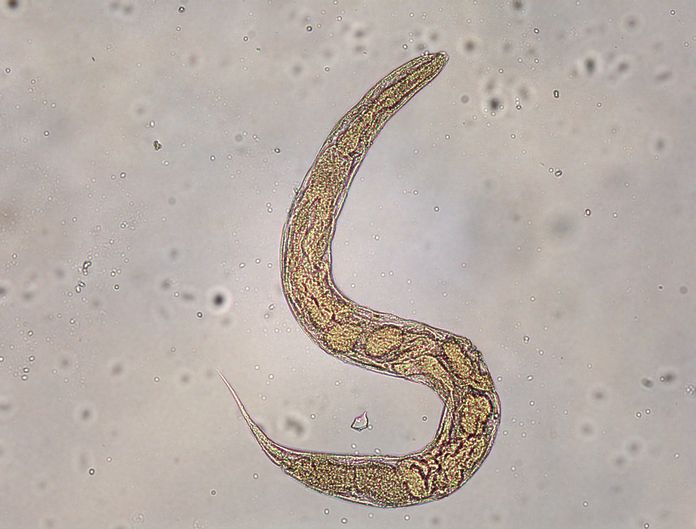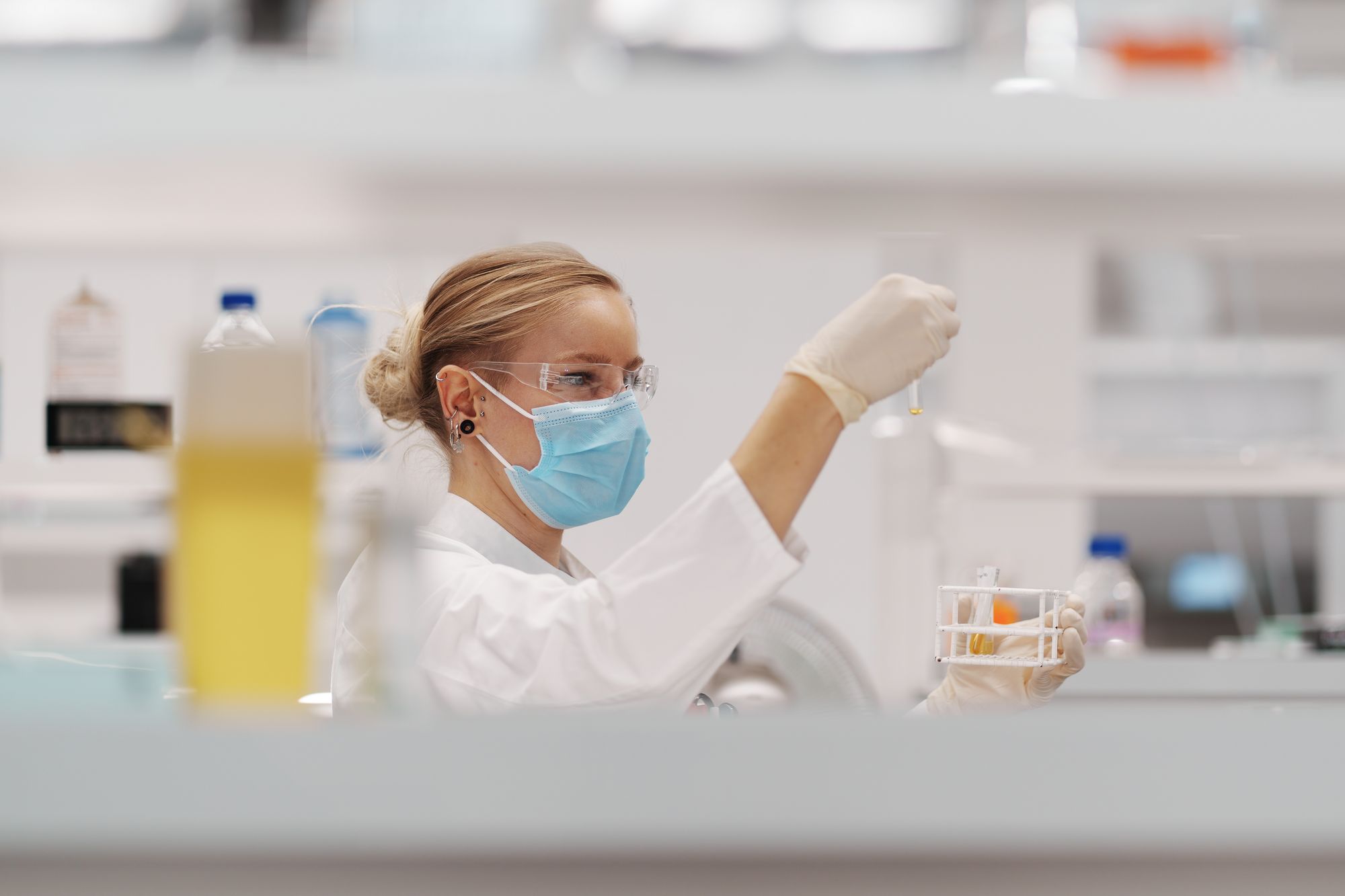
Sometimes unpleasant souvenirs are brought back from trips to tropical countries, which can give us a hard time. These stowaways may have distinguished names such as Angiostrongylus, Anisakis or Strongyloides, but the impact of these pathogens are anything but pleasant. Diarrhoea, fever or pain are just some of the unpleasant symptoms they might cause. Colloquially, the uninvited guests are called rat lungworm, herring worm and threadworm. Some of these parasitic worms can cause serious illness.
A specialised diagnostic centre at Swiss TPH
As a national reference centre for malaria diagnosis and other imported parasitic diseases, the Diagnostic Centre of Swiss TPH is specialised in the diagnosis of human parasitic infections, also for rare pathogens. Every year, approximately 60,000 routine diagnostic tests are performed on patient samples. The tests are ordered by doctors, hospitals and laboratories from all over Switzerland, from neighbouring countries and sometimes even from abroad such as the South Sea Islands. The patient samples – such as blood, serum, stool or urine – are examined with a variety of detection methods including immunodiagnostics, direct microscopic examinations or molecular methods (PCR). Some of these specific analyses are performed only by a few laboratories worldwide.

How to avoid unpleasant souvenirs (or get rid of them)
Whether you are going for an adventure holiday or prefer a calm beach trip – it is important to be well prepared and to follow certain rules to avoid any health problems. Before you leave, get all necessary vaccinations in time. During your trip, avoid eating raw or undercooked sea food or meat products. The Centre for Tropical and Travel Medicine at Swiss TPH with its medical team is the ideal place to go to in the Basel region to receive expert advice and the necessary vaccinations. If you nonetheless feel unwell after a trip abroad, or if you have symptoms of illness such as fever, persistent diarrhoea or skin symptoms, don’t hesitate to book an appointment. The medical team works closely with the Diagnostic Centre to ensure a prompt diagnosis and initiation of the appropriate treatment.

Also monkeys can get sick…
But even those who are not travelling can get infected by a parasite. Some of these parasites, such as the fox tapeworm, are also found in Switzerland and other European countries. Many of them not only affect humans but also animals: the Diagnostic Centre of Swiss TPH occasionally receives samples of the great apes who live in the Basel Zoo. The laboratory methods are basically the same as for humans. For example, faecal samples of the apes are analysed in the laboratory by microscopy and PCR for detection of intestinal parasites.
As long as you don’t try to steal the food from the monkeys, you don’t need to worry about your next visit to the zoo.
